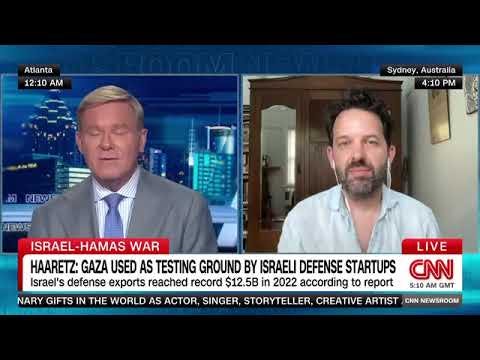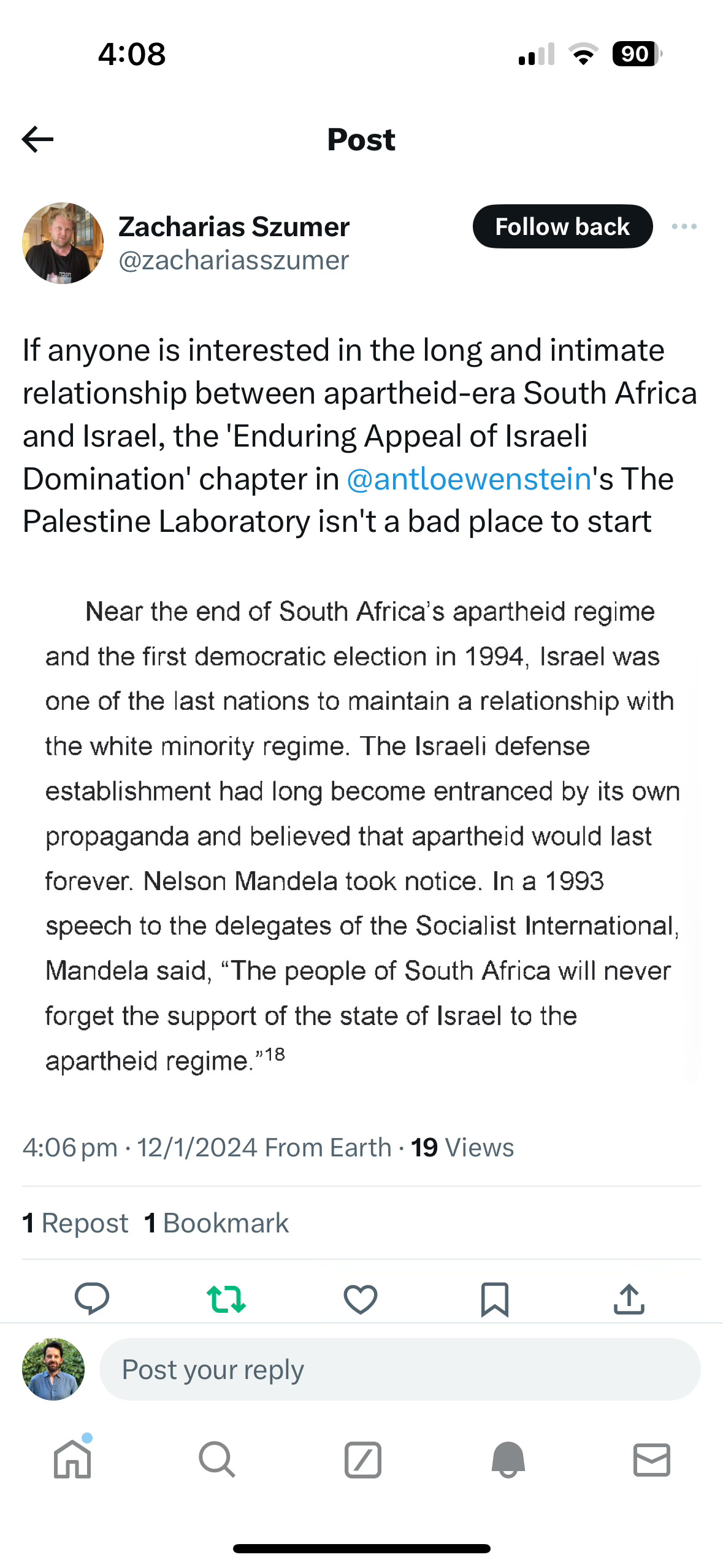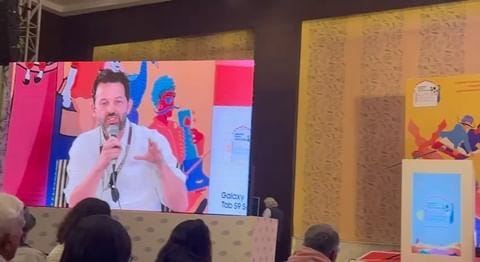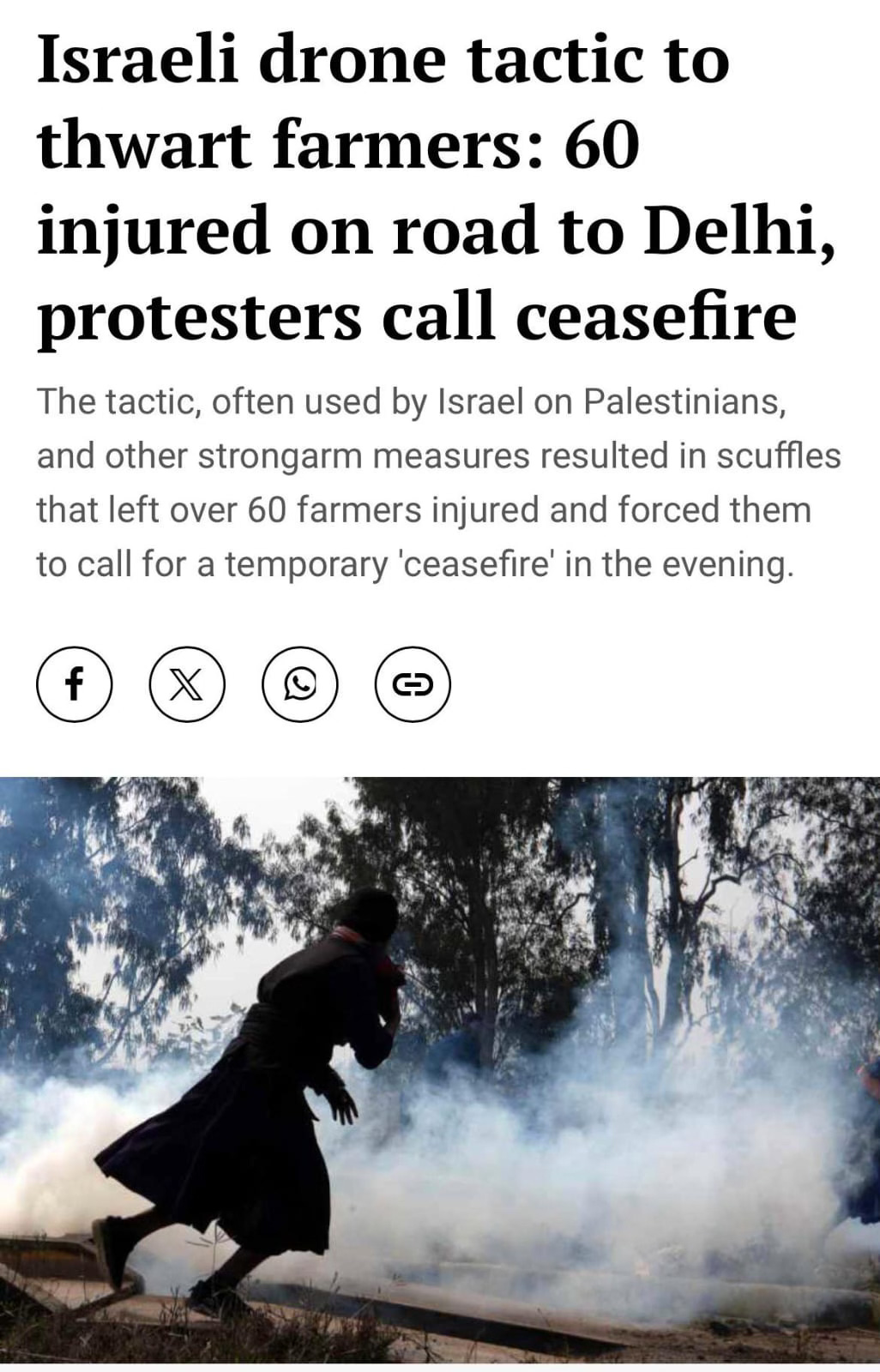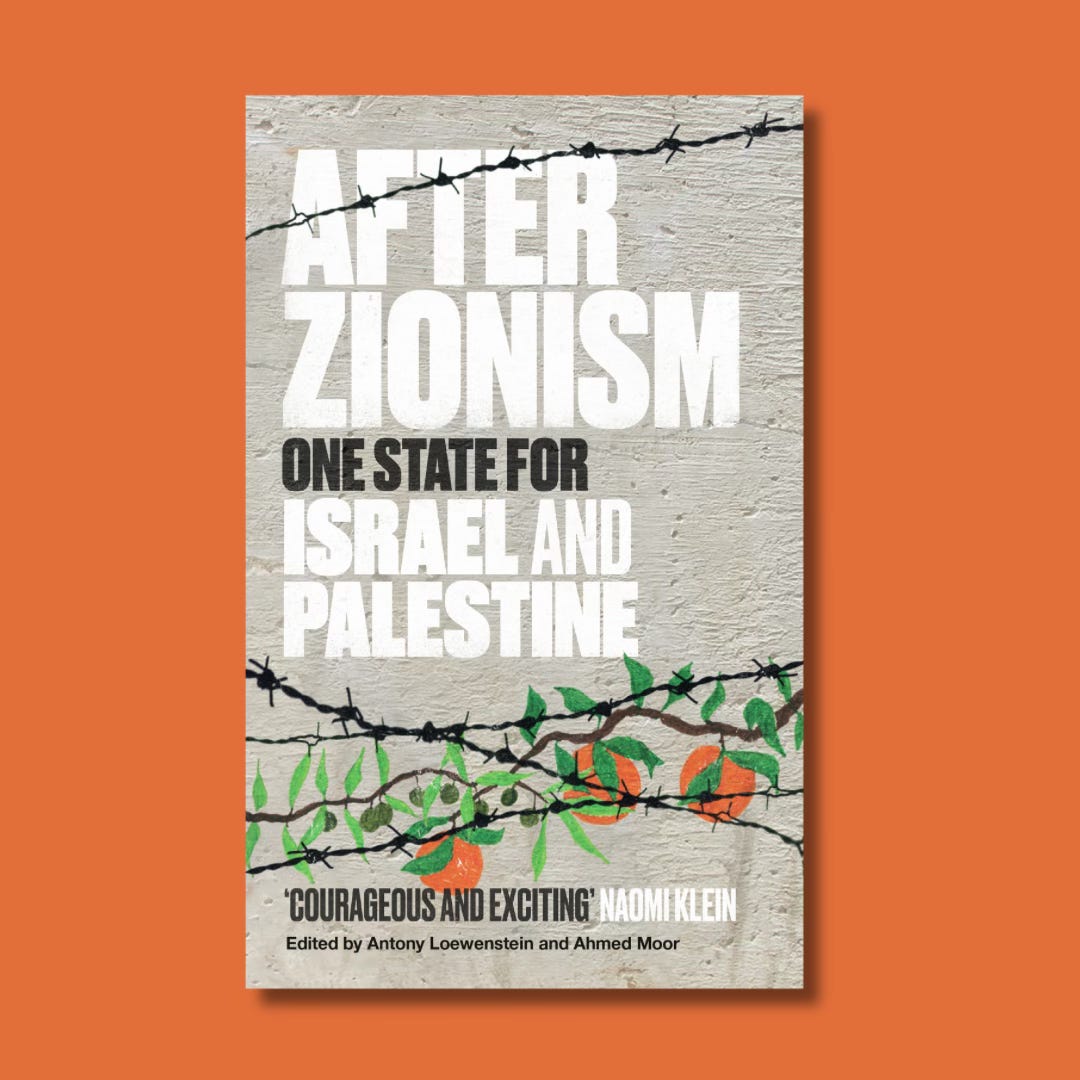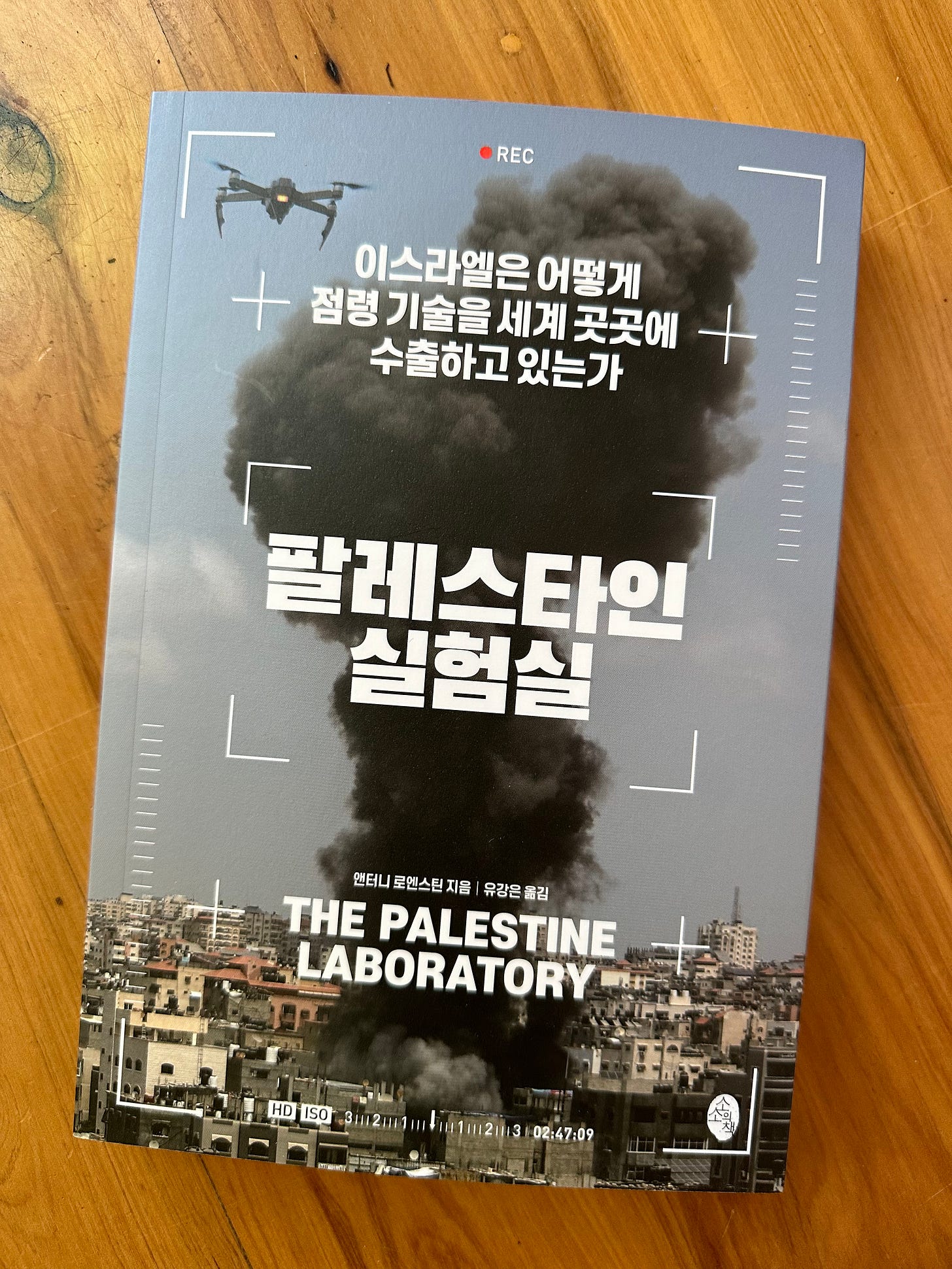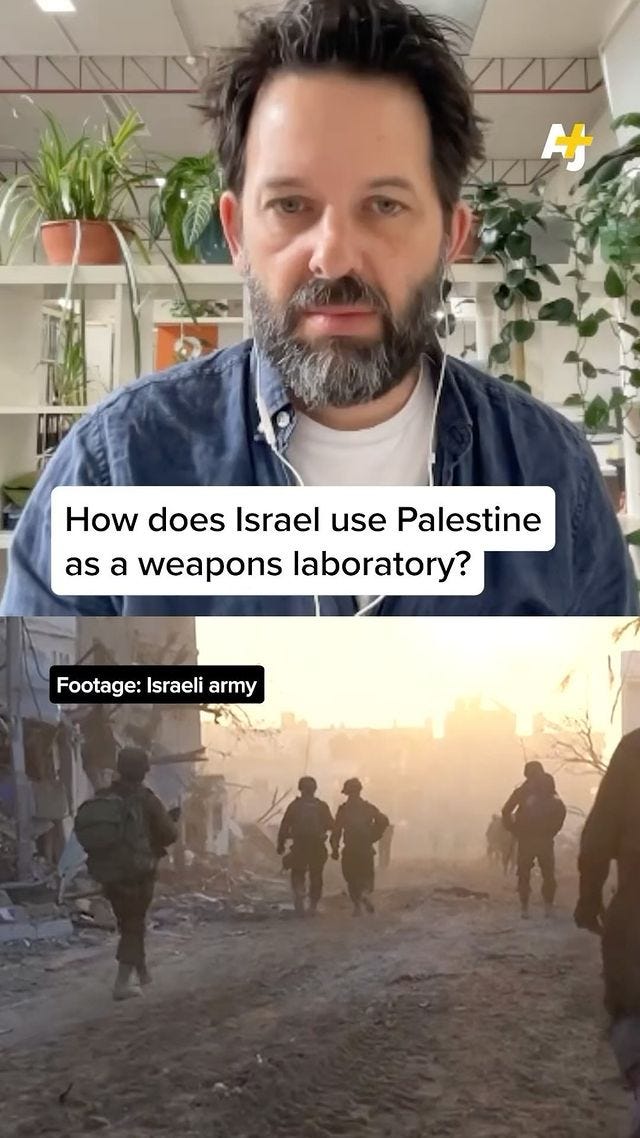Where the Palestine laboratory takes us all
Israel's war on Gaza since 7 October has caused the biggest number of Palestinian deaths and largest displacement since the 1948 Nakba.
Nearly five months after the brutal Hamas attacks on 7 October and Israel’s unrelenting response against the people and societal fabric of Gaza, there’s no end in sight. Every day I see images and videos of dead Palestinian children, Israeli soldiers desecrating Palestinian lives and homes in Gaza and failure of the so-called international community, namely the US, Europe and Australia, to apply any pressure on the Jewish state to cease its unrelenting war crimes in Gaza.
Why? Because Palestinian lives don’t matter the way that Israeli Jews do. In just one example, US President Joe Biden released a statement on 100 days after 7 October and while mentioning the kidnapped Israelis in Gaza, who should be released immediately, he couldn’t bring himself to even acknowledge the more than 30,000 dead Palestinians in Gaza.
They. Don’t. Really. Matter.
The scale of Israeli killing of civilians is unprecedented in the 21st century. The International Court of Justice (ICJ) genocide case, brought by South Africa against Israel, has many interesting historical echoes. Not least the fact, as I document in my book, The Palestine Laboratory, that Israel was one of the last remaining nations in the world to support the apartheid regime in South Africa until its very end in 1994:
For Jews who oppose the carnage in Gaza, we’re accused by some of siding with the enemy. Apparently, our responsibility is to uncritically back the Israeli government despite it being filled with far-right fanatics. The Jerusalem Post recently editorialised that there was only a '“shocking sliver of Jews” who condemned Israel and accused it of human rights abuses and war crimes.
Perish the thought.
Tribalism and jingoism are ascendant in parts of the global Jewish community despite Israeli actions (including its endless colonisation of the West Bank) making all Jews far less safe in Israel and around the world.
Enough.
Since my last newsletter in early December, it’s been an incredibly hectic and intense time. I remain in constant contact with friends from Gaza, some still trapped there and others who have escaped, and the sentiment is always the same; we’re scared and fear that we’ll die any moment. There are no adequate words when responding, beyond what feels like empty platitudes of support and care.
I think of Gaza often and my various trips there since 2009. Here are a few photos from that first visit in mid-2009 (six months after Israel’s devastating Operation Cast Lead):
I’m an independent journalist without any institutional backing. If you’re able to support me financially, by donating money to continue this work, I’d hugely appreciate it. You can find donating options in the menu bar at the top of my website.
Now onto my recent work.
The following are the major TV interviews I’ve conducted in the last while on CNN, Al Jazeera English, The Real News Network, Breaking Points and TRT World:
In October, I spoke at the Ubud Writers and Readers Festival in Bali, Indonesia, one of the leading literary festivals in Asia, and one of my sessions is now online, a timely conversation about Israel/Palestine:
My interview with Pakistani outlet Dawn:
The reach of my book, The Palestine Laboratory, continues to astound me.
Here’s just one new example.
India Nile, according to an online bio, is a “drag artist & filmmaker. Palestinian/Lebanese. Born in Italy. Raised in Dubai. Living in Amsterdam. Drag Therapy is what I do.”
Their latest video has gone viral, with close to one million views on YouTube. Titled “The Psychology of Israeli Propaganda“, it’s a wild, funny, witty but also serious look at the ways in which Israel tries to defend its actions in Gaza and beyond.
At around 1:01:14, there’s a mention of my book and how Israel’s intelligence services routinely try to blackmail gay Palestinians to potentially spy for them.
Following my book winning the 2023 Walkley Best Book Award in late 2023, the Australian Pulitzer for best book of the year, it recently won the People’s Choice Award at the Victorian Premier’s Literary Award, one of Australia’s leading writing prizes. This detail, reported in The Guardian, was heartening:
This year’s people’s choice award went to The Palestine Laboratory: How Israel Exports the Technology of Occupation Around the World by Antony Loewenstein. The book received 39% of all votes cast, with this year’s total tally of 1,567 public votes more than double that of last year.
Here’s my acceptance speech:
My book was also picked as one of the top books of 2023 by the US magazines New Republic and Wired, the Los Angeles Times and Australian outlet, Australian Book Review.
Last, and certainly not least, my book secured an honourable mention in the Moore Literary Award, an international literary and human rights award based in the UK.
In a sign of the times, my publishers in multiple territories can’t keep up with the demand for my book, re-printing many times.
If you haven’t yet bought your copy, please do so at your nearest independent bookstore or online shop.
I recently spoke at the Jaipur Literature Festival in India, the biggest writer’s event in the world (in 2023 there were around 440k in attendance).
It was an overwhelming experience with huge crowds and engagement. I talked about Israel/Palestine, Gaza, Indian repression in Kashmir and the country’s increasingly Hindu fundamentalist turn.
The response was extraordinary (including in the local media + the Gujarati language). I was literally mobbed during my time there, in a positive way, by Indians who felt disillusioned with Prime Minister’s Modi’s exclusionist “vision”.
I also spoke to a large group of high-school students in Jaipur:
It was encouraging that despite India’s far-right turn, many Indians I met wanted to resist the country’s increasingly intolerant direction. They have a monumental struggle on their hands.
What the Palestine laboratory means in practice. This is from a major Indian newspaper in mid-February this year.
Back in 2012, I co-edited a collection of essays, After Zionism, with Palestinian writer Ahmed Mood (who was born in a refugee camp in Rafah, Gaza). It featured a range of Palestinian and Jewish voices articulating how a truly democratic state could exist in the Middle East with all peoples living equally. This wasn’t some utopian and unrealistic vision but a considered and sober assessment of the status-quo and how to change it.
We toured the book around the world, from Palestine to Israel and London to the US.
Then 7 October, 2023 happened. After this momentous event and the Israeli response, my London-based publisher, Saqi, thought that it was timely to re-issue the book with a new, long preface by Ahmed and me to reflect on this precarious period.
Naomi Klein has endorsed the book:
‘Nothing will change until we are capable of imagining a radically different future. By bringing together many of the clearest and most ethical thinkers about the Israeli–Palestinian conflict, this book gives us the intellectual tools we need to do just that. Courageous and exciting.’
I was interviewed about the book on global broadcaster TRT World’s The Newsmakers program (starting at 17:06):
Buy your copy here.
My book, The Palestine Laboratory, is being translated into a range of languages across the globe. Some have been released but many more are coming this year and next.
Here’s the latest releases.
It’s received solid media coverage in South Korea including this positive review.
There’s been a huge amount of interest from the Spanish media and here’s my interviews with El Pais (Spanish and English), El Diario and El Confidencial.
In late December, the legendary journalist and old friend, John Pilger, died. His work was often a beacon for me, on Palestine, challenging power and going against the mainstream journalism grain, so his passing is a loss.
Back in 2017, I was asked to write and film a piece when the Melbourne Press Club inducted him into its Hall of Fame.
Here are my reflections about John and his legacy:
The following is the work and interviews I’ve been doing over the last months:
Interview with journalist Jeremy Scahill on the Intercepted podcast:
Interview with Middle East Eye on India building drones for Israeli use in Gaza;
Two American teachers talk about books that interest and inspire them and they recently featured The Palestine Laboratory;
The Victorian government in Australia is increasingly close to the Israeli defence sector and I ask questions on ABC News Australia;
Interview with the Carnegie Middle East Centre on my book;
Interview with a leading Norwegian newspaper on Israel’s use/abuse of AI in Gaza;
News Beat is a New York-based investigative podcast:
Interview with Al Jazeera English on the dangers of Israel’s use of AI;
Interview with French activist and author Frank Barat on the “allure” of the Israeli arms industry:
Rupert Murdoch’s Australian newspaper seemingly exists to love Israel 24/7. One of its former editors isn’t happy with me talking about a one-state solution in the Middle East;
A comprehensive review of my book in the Sydney Review of Books;
The former Prime Minister of Canada, Stephen Harper, has invested huge amounts of $ into Israeli military tech. My comments about it to the Canadian outlet, The Breach.
Interesting review of my book in the pan-Arab outlet, Daraj Media;
An extract of my book, with a few new words post 7 October, in the great publication, The Markaz Review;
How the Palestinian laboratory has deeply influenced Africa;
My book and its reporting has been extensively covered across the Turkish media;
A strong review of my book in Middle East Monitor.
Advice for young writers who want to cause trouble;
Interview alongside the former Attorney General of Australia on ABC Australia where we discuss Israel, Gaza, the death of war criminal Henry Kissinger and Wikileaks;
How should newsrooms report on Israel/Palestine. I recently spoke about this at a university forum in Sydney and ABC Australia broadcast the comments;
I was honoured to join a wonderful forum late last year about how Big Tech routinely works with Israel:
Declassified Australia, the news website that I co-founded and co-edit with journalist Peter Cronau, continues to publish important work.
Our latest story is about Wikileaks founder Julian Assange and fears of his extradition to the US to potentially face the death penalty.
A timely story on the new President of Indonesia, a man with a shocking record of war crimes, a final essay by the late, great journalist John Pilger, questions around Australia’s relative silence on the ICJ case against Israel and the extraordinary number of Palestinian journalists murdered by Israel since 7 October.
As an independent website, we rely on public support for our work. Please donate if you can.
This is my first book, My Israel Question, published in 2006. It attracted a massive response, became a best-seller, was condemned in the Australian parliament and the pro-Israel lobby tried to get it banned + pulped. In many ways, it set the path for a lot of my life and work ever since.
Now, 18 years after its initial release, the publisher has re-printed it once again due to public interest. You can order it here.
It hasn’t really dated at all.
You can follow me on Instagram and Twitter for constantly updated content. My website has information about all my work, books and documentary films stretching back to 2003.
I’m an independent journalist without any institutional backing. If you’re able to support me financially, by donating money to continue this work, I’d hugely appreciate it. You can find donating options in the menu bar at the top of my website.
Stay strong in these dark times.
Thanks for reading.
Antony

